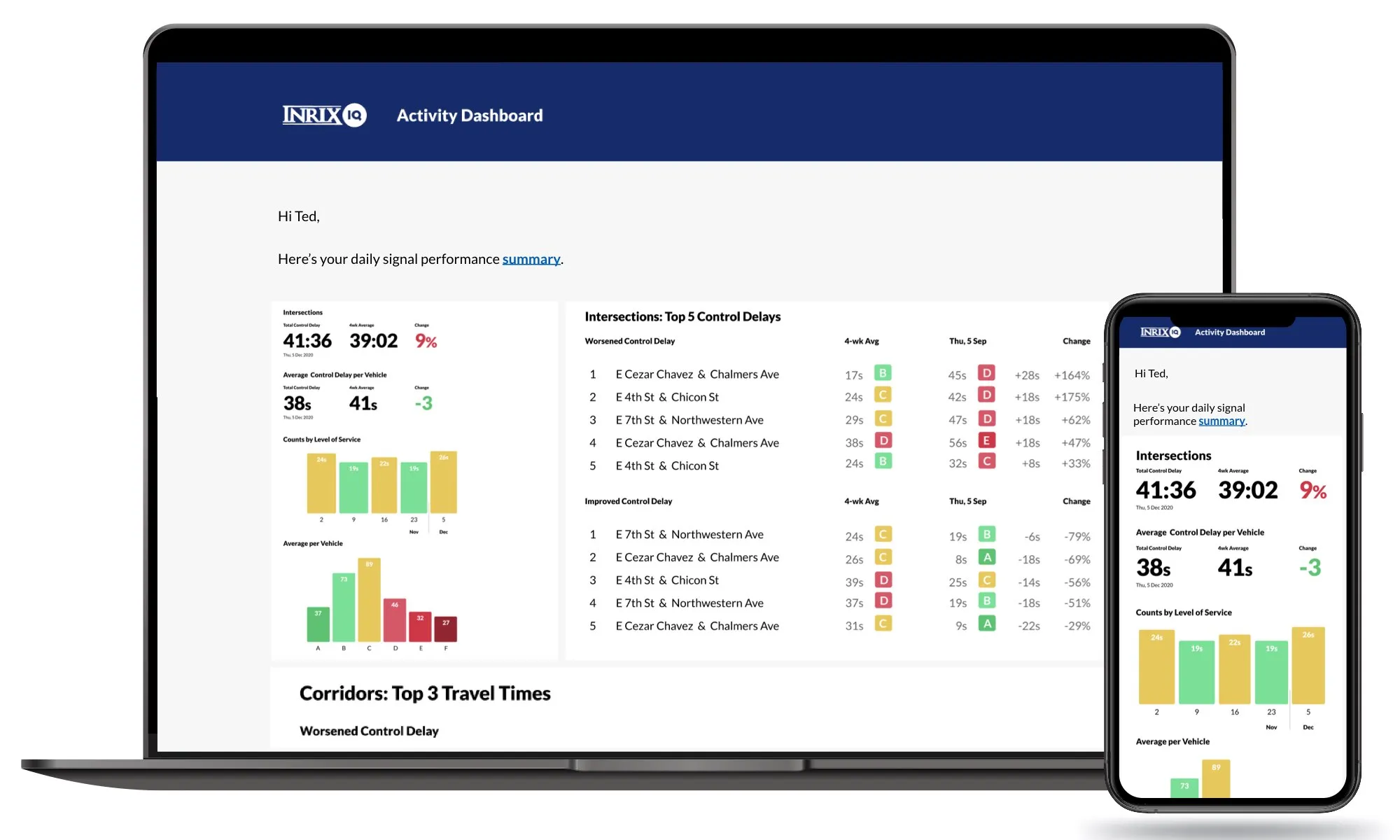UK gas distribution company SGN is expecting to save in the region of US$1.5 million by implementing a driver performance improvement programme across its 2,000-strong fleet.
The company, which operates across the south of England and the whole of Scotland, , is using TomTom Telematics technology, including driver behaviour improvement system OptiDrive 360, to tackle inefficient practice.
August 27, 2015
Read time: 2 mins
UK gas distribution company SGN is expecting to save in the region of US$1.5 million by implementing a driver performance improvement programme across its 2,000-strong fleet.
The company, which operates across the south of England and the whole of Scotland, , is using1692 TomTom Telematics technology, including driver behaviour improvement system OptiDrive 360, to tackle inefficient practice.
OptiDrive 360 scores drivers based on a range of key performance indicators including speeding, driving events, idling and gear shifting and constant speed. Regular performance reports are shared with managers, allowing them to work with individual drivers to tackle any specific issues.
The TomTom system also integrates with SGN’s fleet management provider Inchcape. This means Inchcape is given access to live engine fault code data, allowing them to conduct pre-emptive maintenance work when required.
During a 100-vehicle trial, SGN reduced the volume of fuel wasted through idling by almost 68 per cent and improved average fuel consumption by 11 per cent.
“The finance department at SGN recognised a huge opportunity for using driver performance data to transform operational efficiency and we now stand to make major savings on both fuel and maintenance,” said Chris Stone, head of finance at SGN.
“Prior to implementing this programme, the company was wasting 13,000 litres a month through vehicle idling alone, but now we are able to provide drivers and managers with visibility around problem trends and the reasons why they occur.”
The company, which operates across the south of England and the whole of Scotland, , is using
OptiDrive 360 scores drivers based on a range of key performance indicators including speeding, driving events, idling and gear shifting and constant speed. Regular performance reports are shared with managers, allowing them to work with individual drivers to tackle any specific issues.
The TomTom system also integrates with SGN’s fleet management provider Inchcape. This means Inchcape is given access to live engine fault code data, allowing them to conduct pre-emptive maintenance work when required.
During a 100-vehicle trial, SGN reduced the volume of fuel wasted through idling by almost 68 per cent and improved average fuel consumption by 11 per cent.
“The finance department at SGN recognised a huge opportunity for using driver performance data to transform operational efficiency and we now stand to make major savings on both fuel and maintenance,” said Chris Stone, head of finance at SGN.
“Prior to implementing this programme, the company was wasting 13,000 litres a month through vehicle idling alone, but now we are able to provide drivers and managers with visibility around problem trends and the reasons why they occur.”









